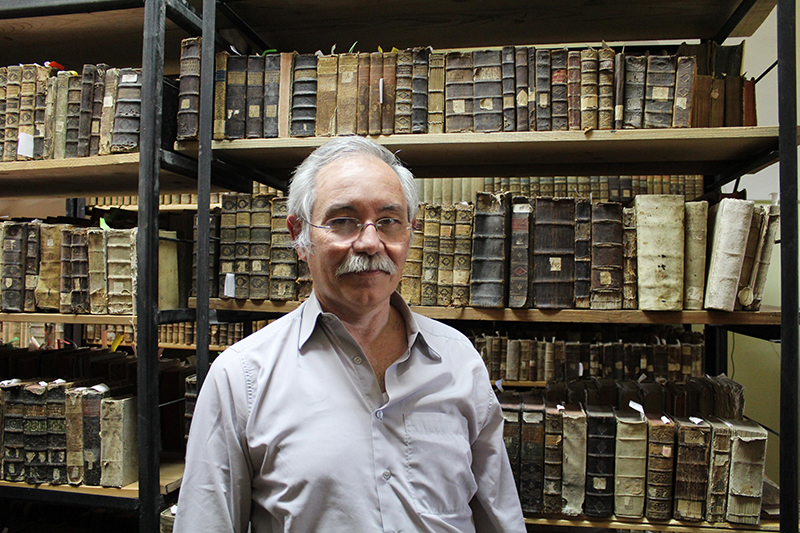Michael Lambrou, professor at the University of Crete, will give two interesting talks on original mathematical subjects.
Activities – Speeches
Mathematical magic tricks
The talk will briefly present the history of mathematical magic tricks, from antiquity to modern times. Then some interesting such magic tricks will be presented. The idea is to stimulate the student’s interest in order to seek the explanation of the trick. In the main part of the talk, mathematical interpretations of the tricks will be given and the students will have the opportunity to construct similar tricks but with their own numbers.
For primary school students
Mathematical puzzles and proofs of the impossibility of certain situations.
There exist attractive mathematical puzzles which require to prove that they are impossible to solve. This is done by following certain rules. The proof of an impossible situation is very elegant while the reasoning is simple but extremely intelligent. In the speech, such puzzles will be discussed and analyzed.
For high school students

Michael Lambrou was born in Kenya, where his parents had emigrated.
He finished high school in Athens and his university studies in London, from where he received a Bachelor's degree, Master's and PhD in Mathematics. He currently works as a Professor at the University of Crete.
He has published 25 research papers in Pure Mathematics, he has been researching in the History of Mathematics, he has written numerous notes for students, 12 books for school students, a Dictionary of Anglo-Greek Mathematical Terms, he has translated 5 books, he has edited 17, he has authored popular articles as well as articles in foreign encyclopedias.
He also worked with Mathematical Olympiads, representing Greece four times as head of the mission. Lately he is the scientific coordinator in our country of the International Mathematical Competition "Kangaroo". He is married with three children, who today have finished their University studies and are working.
Established in 1973, the University of Crete is a young public educational institution sited in a region rich in ancient and modern Mediterranean cultures. Currently around 20,000 undergraduate and graduate students study here through the Schools of Philosophy, Education, Social Sciences, Sciences & Technology, and Medicine, taught by an outward looking academic staff committed to quality in teaching, research, and community partnerships.

